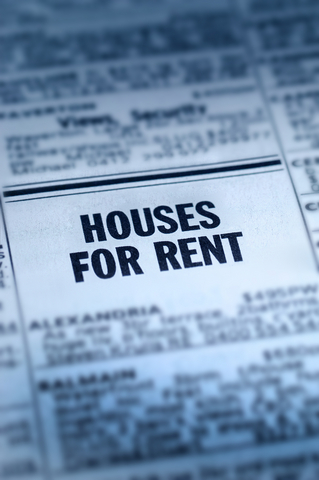
While there are many differing opinions about the short to medium-term outlook for the UK property market it seems that rental accommodation is still in great demand. A report by the Office for National Statistics (ONS) has highlighted the fact that the average rental yield in the UK has increased by 2.7% over the last 12 months as buy to let investors look to potentially double digit growth when taking into account capital appreciation.
As you might expect England has been the stronger of the UK rental markets with the average private rent increasing by 2.8% over the last 12 months, Scotland by 1.6% and Wales by a disappointing 0.5%. So, what is driving the ever-increasing yield on UK property prices and how long will it continue?
First-time buyers struggling
Despite the fact that the UK government has introduced an array of financial incentives for first-time buyers to climb aboard the property ladder, it is not as easy as many had expected. As a consequence we are seeing more and more people moving towards the rental market with the intention of building a deposit for a purchase in the medium to longer term. However, the ever-increasing rent on UK properties means that potential first-time buyers of the future are spending a growing portion of their income on rent, leaving less to save for a deposit.
This at a time when UK base rates are at a record low, mortgage rates are extremely attractive and despite ongoing criticism by some “experts” the UK property market continues to go from strength to strength. There is concern that the ever-growing problem of first-time buyers climbing onto the property ladder is playing into the hands of the buy to let market where supply continues to fall.
Tenant demand
The Royal Institute of Chartered Surveyors also released a report confirming that tenant demand for rental property is at its highest for three years. This comes at a time when the Association of Residential Letting Agents is reporting a reduction of 5.8% in the number of rented properties advertised per branch. As you might expect, this scenario, limited supply and growing demand, is likely to push rents higher in the short to medium term while governments have a problem on their hands in the longer term.
It is estimated that the average rental yield in the UK currently stands at around 5% and with experts predicting a similar level of capital growth in UK property during 2015, this equates to the double-digit return we suggested above. While things can change very quickly in these relatively volatile economic times, with the exception of an increase in UK base rates, what potential shocks can stop surging UK property prices?
Conclusion
While the ongoing reduction in the supply of rented property across the UK and increased demand from tenants may seem relatively subtle, they are squeezing UK rental yields higher. In what is fast becoming a self-fulfilling prophecy, a difficult market for first-time buyers is forcing more people to look at rented accommodation which is pushing rental yields and property prices higher.
We seem to have been talking about this problematic situation for some time now with very little in the way of change. When will the government wake up and smell the coffee?

